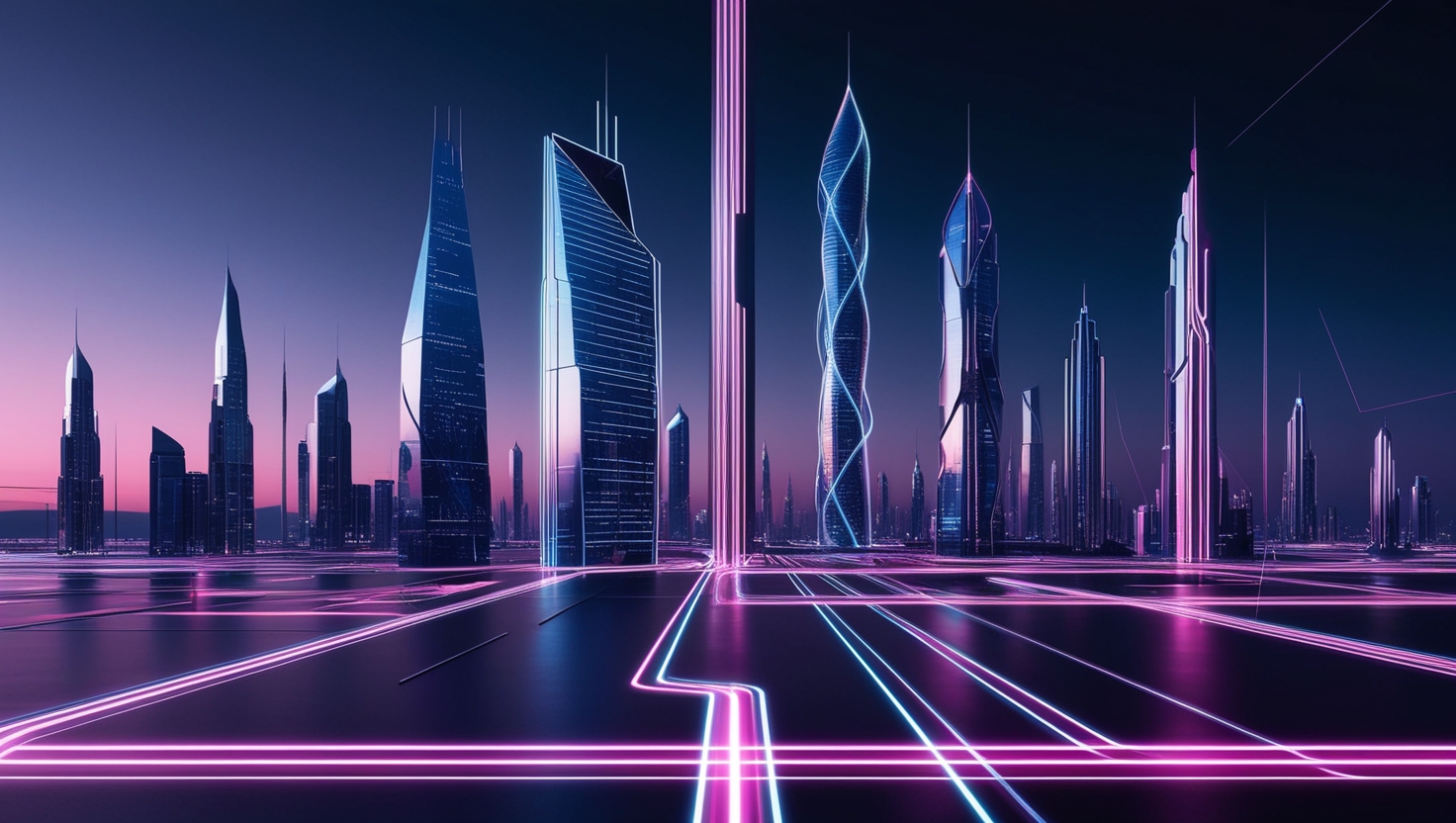Imagine waking up in a world where the boundaries between reality and fiction blur, where virtual assistants know your preferences better than you do, and medical procedures once thought impossible are now routine. This isn’t a scene from a sci-fi movie—it’s the world we’re living in. Technology is no longer just a tool we use; it’s a force that is reshaping the very fabric of our lives, from how we communicate to how we work, learn, and even think.
At the heart of this transformation lies innovation that feels almost magical. Smartphones fit more computing power into the palm of our hands than the systems that sent astronauts to the moon. Artificial intelligence, robotics, and biotechnology are accelerating human potential at a pace never before imagined. It’s a revolution not only of gadgets but of ideas, behaviors, and cultures. Every tap, click, and swipe is a testament to how deeply technology is woven into our daily existence—and the future holds even more surprising shifts.
The Digital Renaissance
We’re in the midst of a digital renaissance, a period of explosive growth and change, where human ingenuity combines with machine precision to produce outcomes previously beyond reach. Fields like artificial intelligence (AI) are driving breakthroughs in healthcare, education, and business, while data analytics is helping us make more informed decisions at lightning speed. Tech giants are racing to build quantum computers capable of processing information faster than any machine today, opening doors to possibilities we can barely grasp.
The way we connect with others has also evolved beyond recognition. Social media has turned the world into a global village where anyone can share ideas, experiences, or viral cat videos with millions of people in seconds. Meanwhile, blockchain technology is challenging traditional concepts of trust, security, and ownership, giving rise to decentralized currencies, contracts, and even new ways to vote.
Changing Lives, Saving Lives
In the medical world, technology isn’t just transforming treatments—it’s saving lives. Advances in gene editing tools like CRISPR are providing cures for previously incurable genetic conditions. Telemedicine, once a niche service, has become a lifeline for millions around the globe, making healthcare accessible in ways that transcend geographic and economic barriers. Wearable devices continuously monitor our health, while AI-driven diagnostics can predict diseases before they become life-threatening.
Education, too, is undergoing a technological metamorphosis. The traditional classroom, with its chalkboards and textbooks, has evolved into a dynamic, digital space. Virtual reality (VR) allows students to tour ancient civilizations or explore the human body in 3D without ever leaving their desks. With the democratization of information through the internet, knowledge is no longer confined to the walls of prestigious universities—it’s available to anyone with a Wi-Fi connection.
The Ethical Frontier
Yet, with all these advancements, we’re forced to confront complex ethical dilemmas. How much control should we give to machines? What are the implications of AI-driven decision-making? As data collection becomes more pervasive, privacy concerns escalate. The same technologies that offer extraordinary benefits also come with potential dangers, from cyber-attacks to the spread of misinformation. Striking a balance between progress and responsibility is one of the greatest challenges of our time.
The Future Awaits
The question isn’t whether technology will change the world—it already has. The question is: how will we shape its continued evolution? Will we use it to build a more connected, sustainable, and equitable world, or will we allow it to deepen divisions? The path we choose will determine whether technology becomes humanity’s greatest ally or its most formidable challenge.
As we move forward into this exciting new era, one thing is certain: the world of tomorrow will look vastly different from the world of today. And in that difference lies both the promise of progress and the responsibility to ensure that technology enhances, rather than diminishes, the human experience. So, strap in, because the ride is just beginning—and it’s going to be one wild, transformative journey.







